Got a gas boiler that’s humming weirdly or a cooker that won’t light? You’re not alone. Gas appliances are a daily comfort, but they need a bit of love and a lot of caution. Below you’ll find the basics that help you spot problems early, do safe quick fixes, and decide when it’s time to hand the job over to a qualified engineer.
Before you start any troubleshooting, turn off the gas supply at the valve and make sure the area is well‑ventilated. Look for any smells of gas – if you smell it, open windows, shut the valve and call a Gas Safe engineer right away. Next, check the pilot light (if your appliance has one). It should be steady and blue; a yellow flame or flickering means something’s off. Finally, inspect the hoses and connections for cracks, wear or rust. A small leak can cause big trouble, so replace any damaged parts immediately.
Boiler won’t fire up. Often the cause is a blocked pressure sensor, a tripped thermostat, or low water pressure. Reset the boiler according to the manual, then check the pressure gauge – it should read between 1 and 1.5 bar when the system is cold. If it’s low, top it up using the fill‑up loop and bleed any air from radiators.
Gas cooker won’t ignite. First, clean the burner holes; food debris can block the gas flow. Next, make sure the spark electrode is clean and correctly positioned. If the spark is weak or absent, a simple electrode replacement usually solves it. Remember to turn the knob to “off” before you start any work.
Gas heater blows cold air. This can be a thermostat issue or a stuck fan. Reset the thermostat and listen for the fan motor – if it’s silent, the motor may need cleaning or replacement. Dust buildup is a common culprit, so give the unit a good vacuum once a year.
These fixes are meant for quick, safe actions. Never attempt to open the gas valve or work on the internal gas line yourself – that’s a job for a professional.
When you’re unsure, call a Gas Safe registered engineer. They have the tools and certification to test for leaks, adjust gas pressures, and replace major components safely. A professional visit can also include a full service, which helps keep your appliance efficient and your energy bills down.
Regular maintenance saves money in the long run. Schedule an annual boiler service, clean cooker burners every few months, and check the venting on water heaters. Keep a simple log of service dates, any odd noises, and the age of each appliance – it helps you track when it might be time for a replacement instead of endless repairs.
In short, a bit of everyday vigilance, a quick check of the flame and pressure, and knowing the limits of DIY can keep your gas appliances running smoothly. When in doubt, don’t gamble with gas – call a qualified pro and keep your home safe and warm.
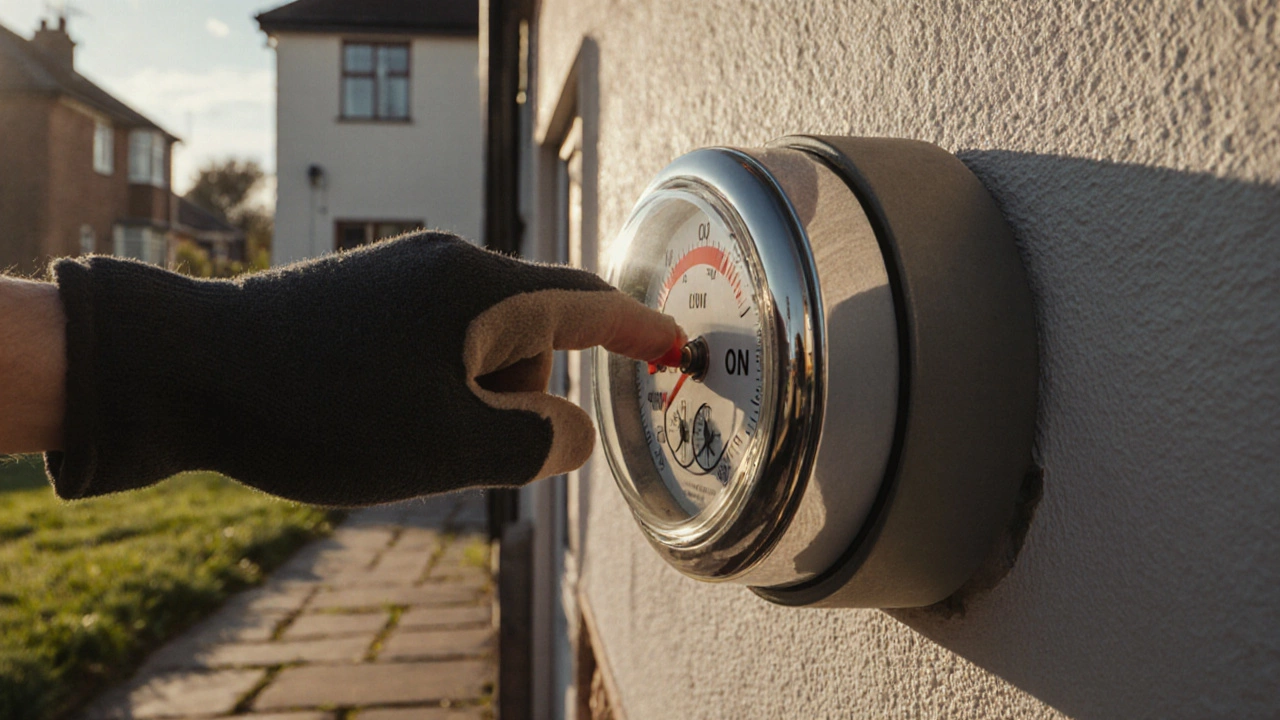
Learn why all your gas appliances might stop working, how to safely troubleshoot common issues, and when to call a Gas Safe engineer.

Thinking about ditching your gas appliances? This article breaks down the real pros and cons of keeping or replacing things like your gas stove, water heater, or furnace. Learn how safety, repair costs, and future-proofing your home play into this decision. There are lots of myths out there and we’ll sort out the facts. You'll also pick up practical tips on making the best choice for your budget and home. Let's cut through the noise and find out what really matters for your gas appliances.
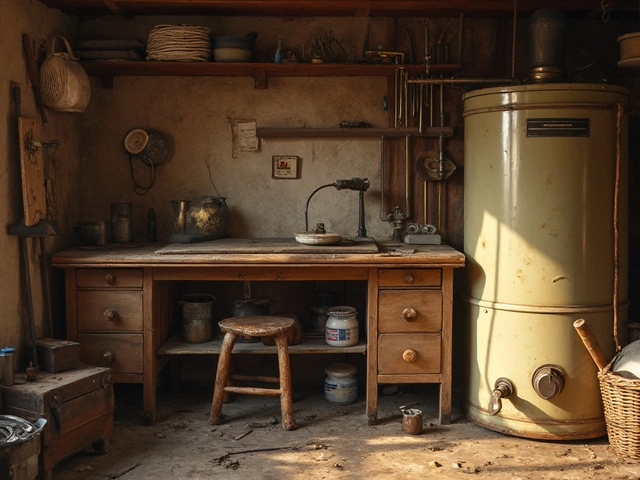
Wondering how long your water heater should last? This article dives into the expected lifespan of various types of water heaters, factors impacting their longevity, and signs it might be time for a replacement. With practical tips on maintenance, you can extend the life of your heater and avoid breakdowns. Learn what to watch out for to ensure you have hot water when you need it, without unexpected surprises.
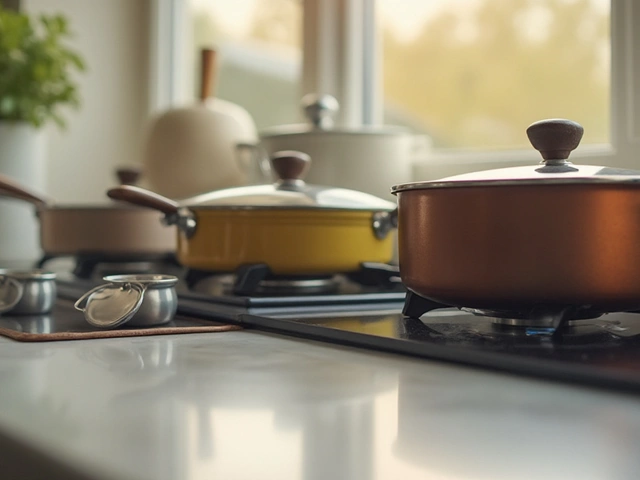
Repairing a glass hob is an essential task for maintaining a functional and modern kitchen. The cost of fixing a glass hob can vary greatly depending on the damage's severity and the required repair type. This article delves into the various factors influencing repair costs, from crack treatment to replacement solutions. It also provides tips for maintenance to prolong the lifespan of your hob and prevent future damage.
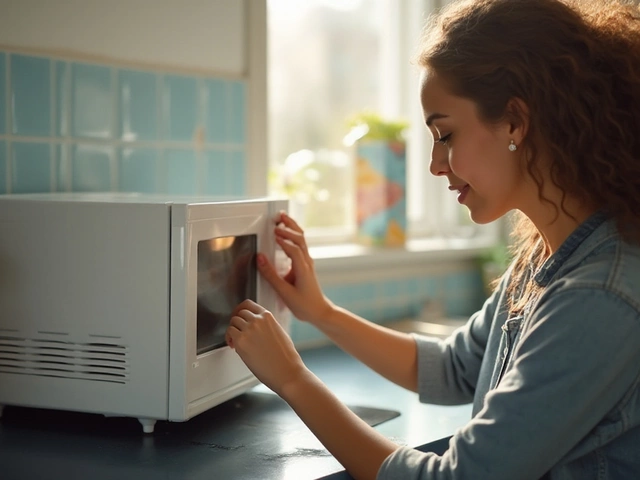
Microwave ovens, essential kitchen appliances for many households, can sometimes fail to operate smoothly. This article dives into the intricacies of microwave repair, exploring common issues, troubleshooting methods, and practical repair tips. Designed for both amateur DIY enthusiasts and curious individuals, the guide offers insights into understanding microwave components and determining when professional help is necessary. Learn the skills needed to fix minor problems and tips to maintain the efficiency of your microwave.

Boilers, integral to any home heating system, don't last forever. Understanding their lifespan can help you plan timely maintenance and replacements to ensure efficient heating. In this article, we explore how long you can expect your boiler to serve you, what affects its longevity, and how regular care can make a difference. By understanding these aspects, homeowners can make informed decisions regarding their heating needs and avoid unexpected failures.
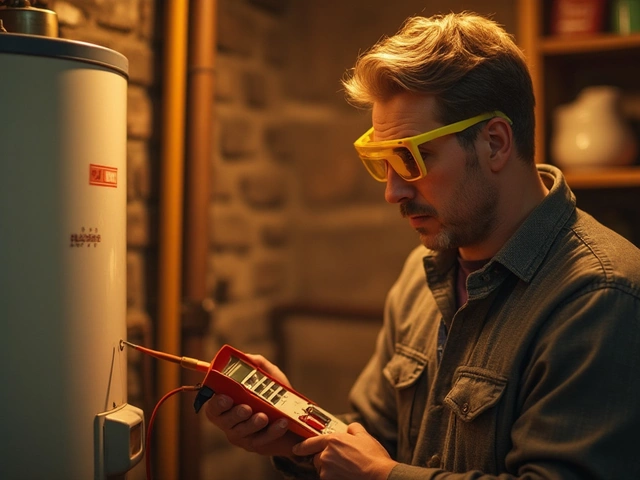
Diagnosing a faulty hot water heater element can seem daunting, but it's an essential skill for any homeowner. Key indicators like water temperature issues, noises, and prolonged heating cycles are telltale signs of a bad element. This article provides practical advice on how to inspect and test your heater element using accessible tools. Also included are safety tips and maintenance recommendations to extend the lifespan of your water heater.